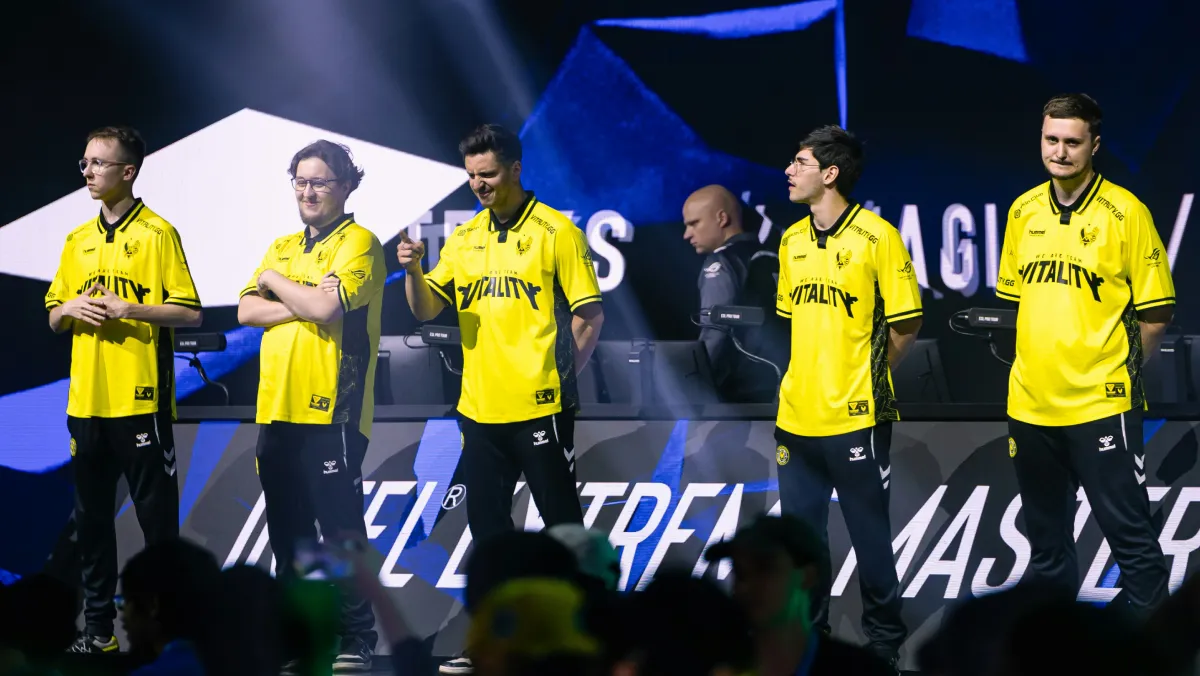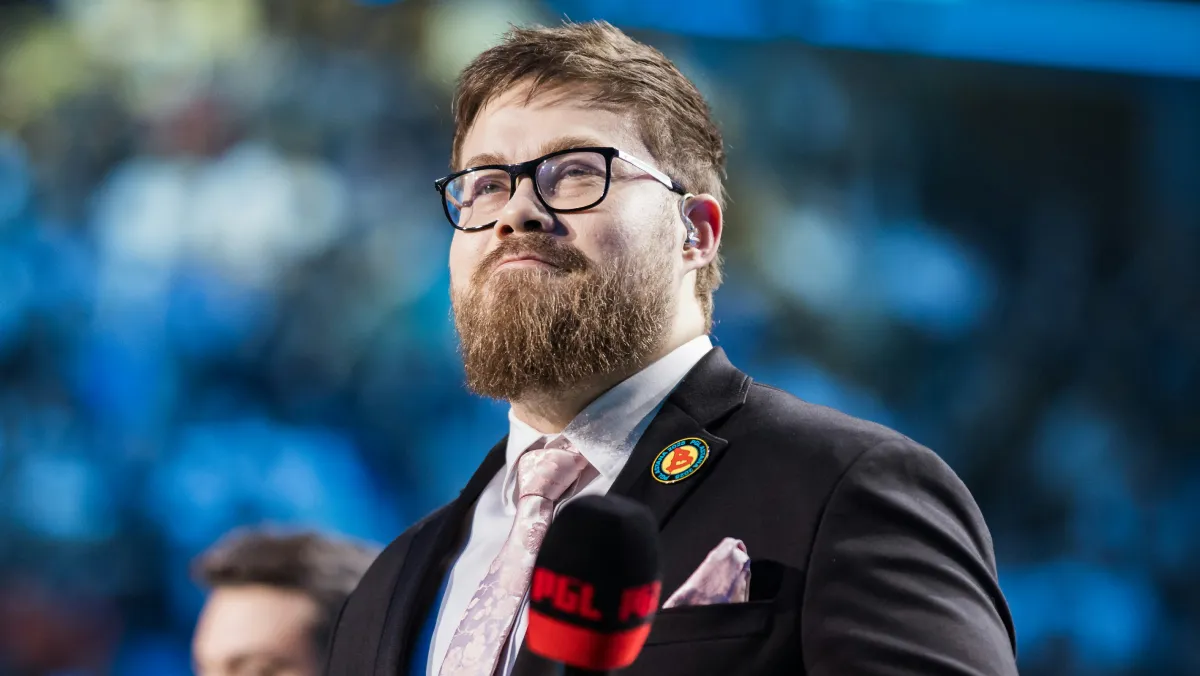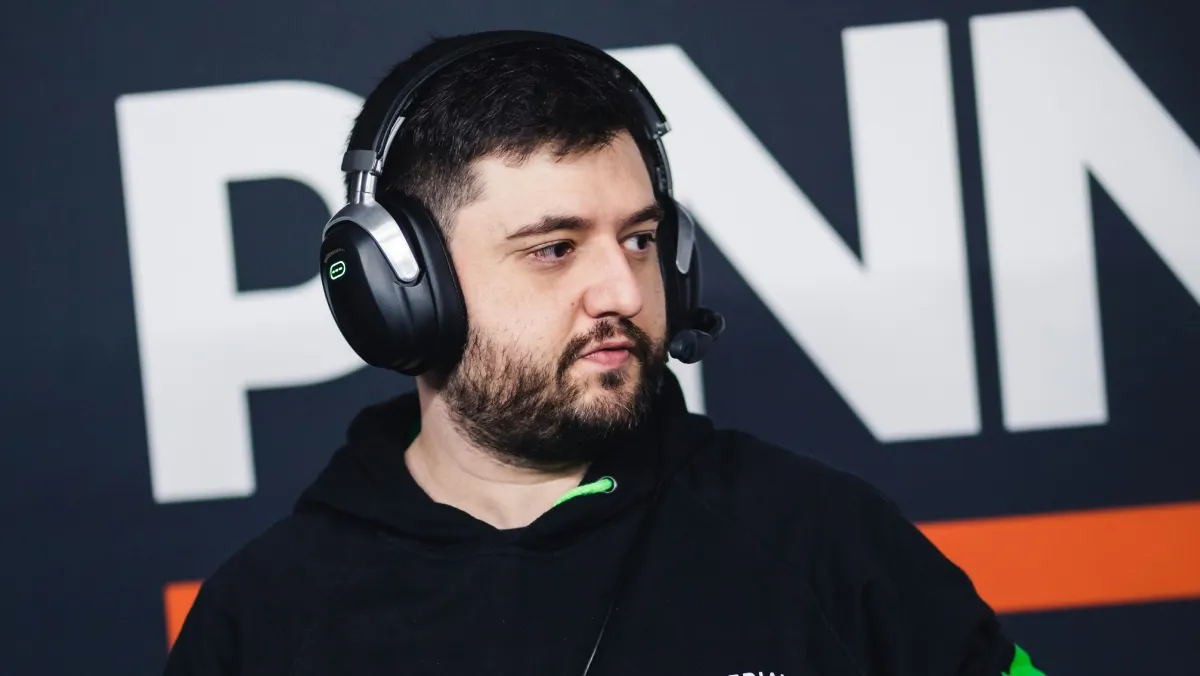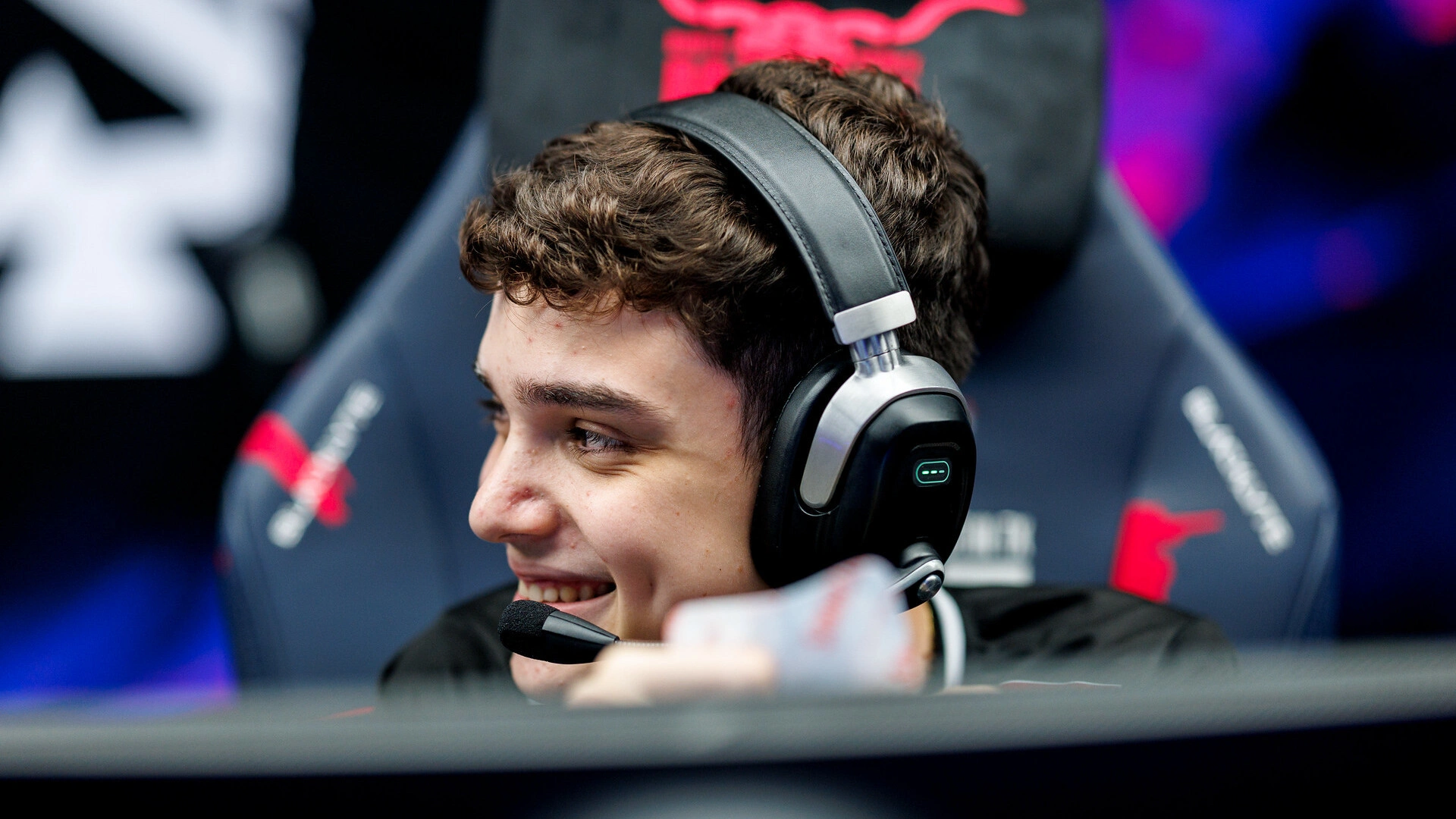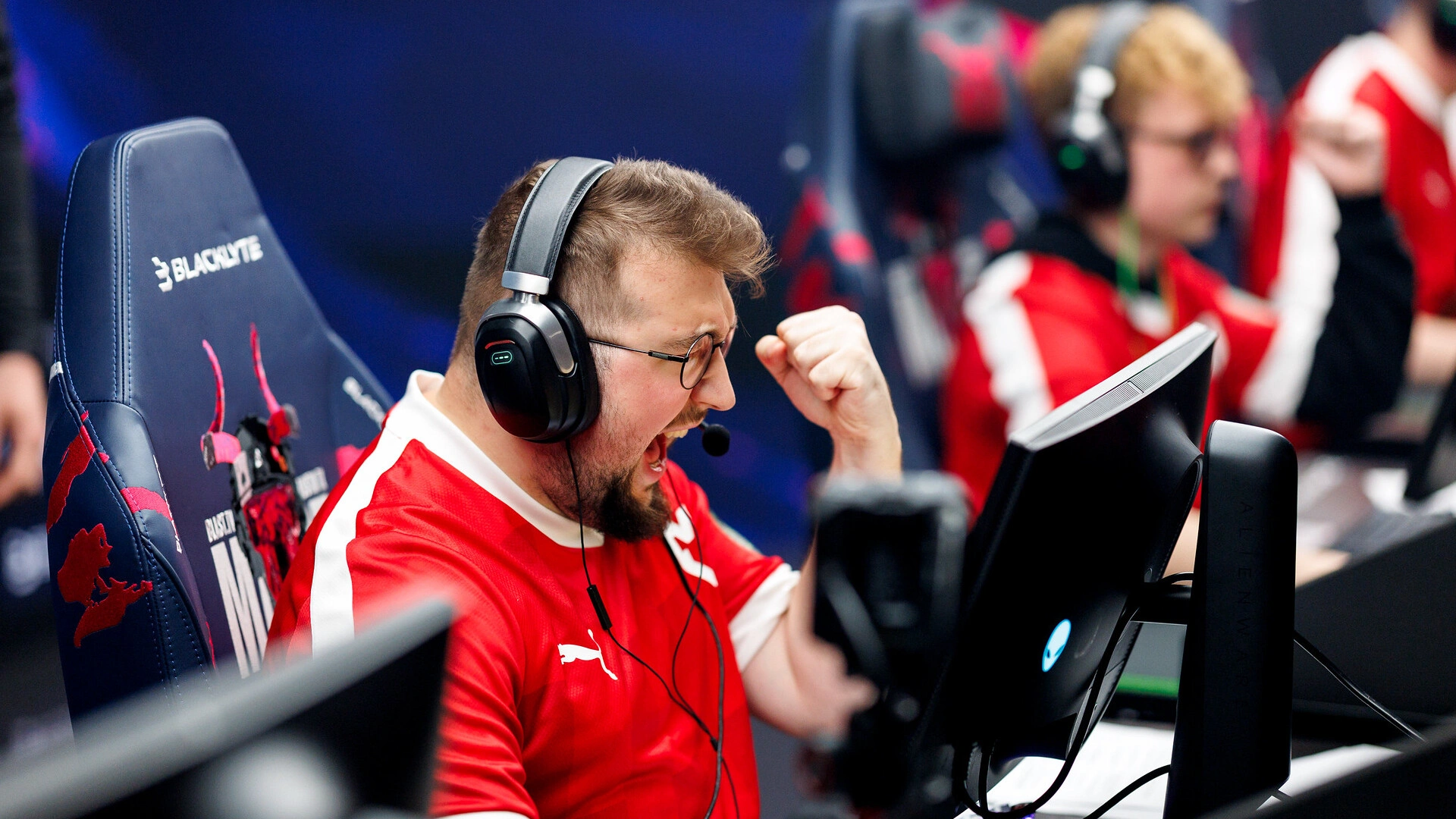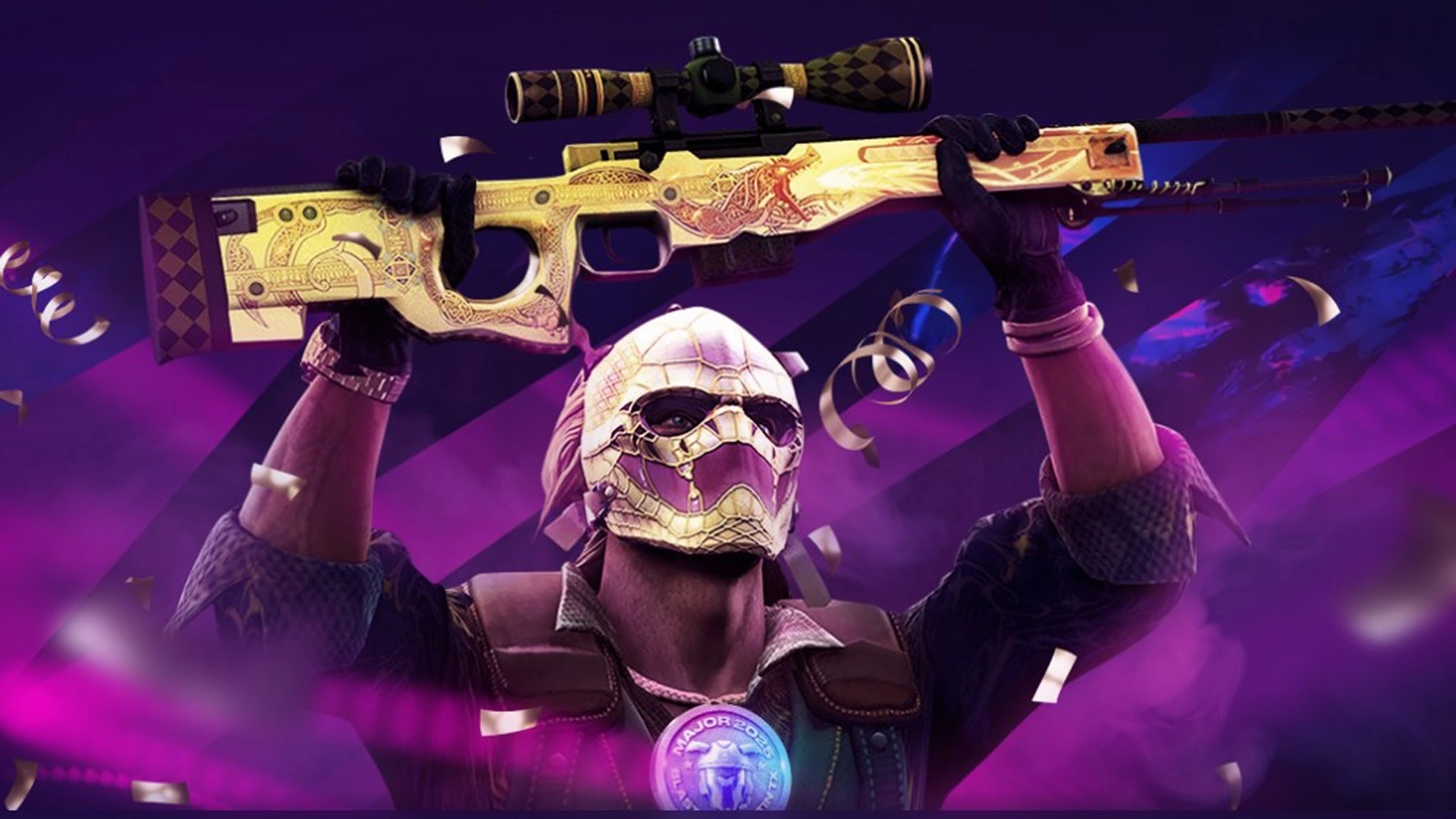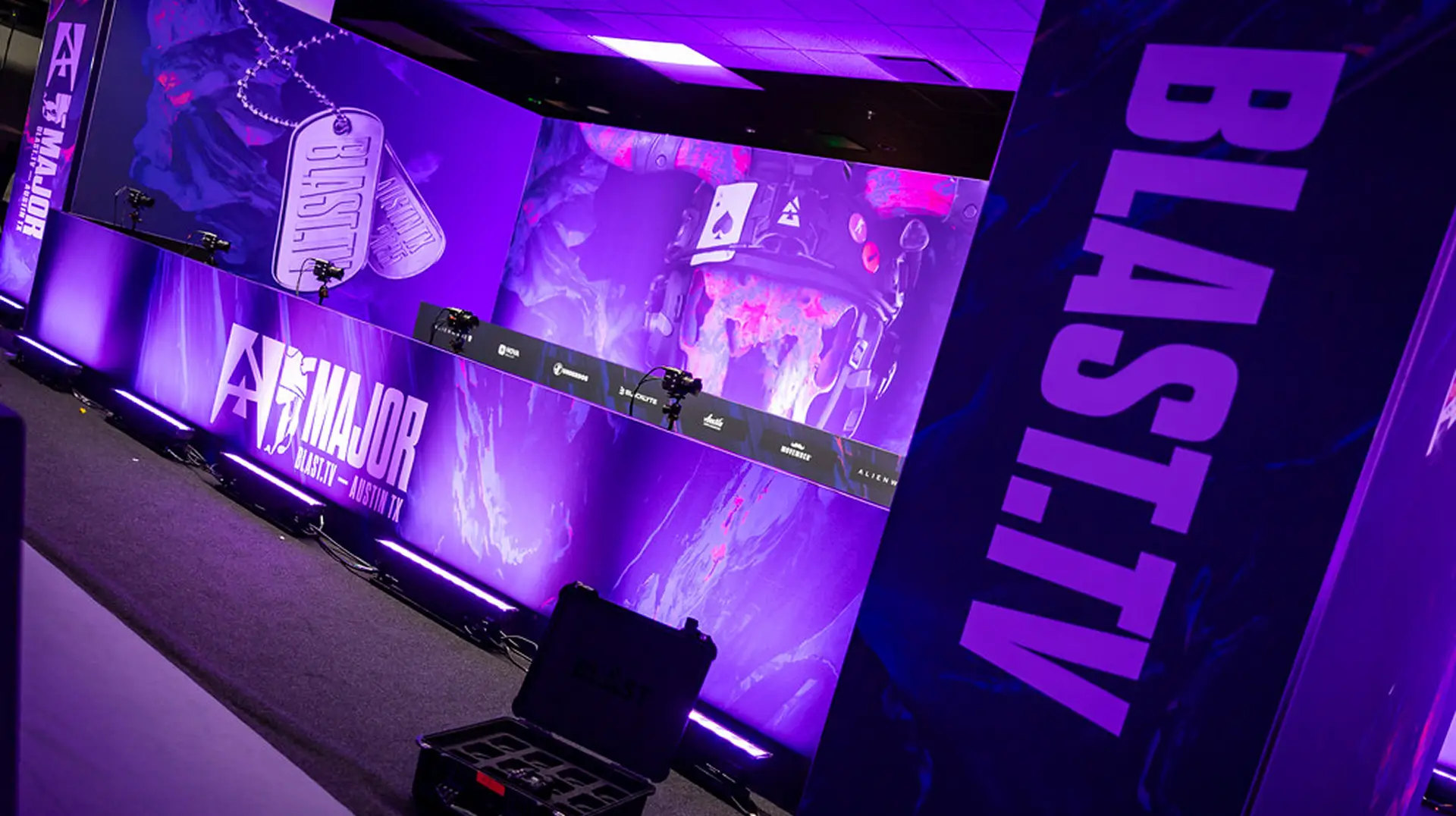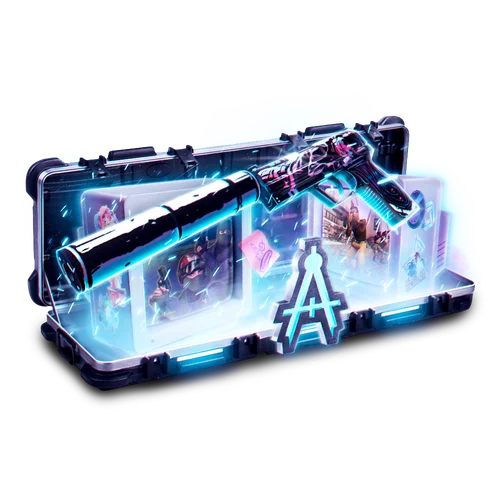The BLAST.tv Austin Major 2025 was supposed to be a celebration of Counter-Strike 2 — the year’s premier event and the first Major held in the United States in CS2’s new era. However, even before the end of the opening group stage, the tournament was engulfed in a political controversy. The catalyst? A single statement — a public call for peace — made by Canadian player stanislaw. Following his team’s match, stanislaw closed his post-game interview with the words:
Save Gaza Stri
This phrase, heavily charged in the context of the ongoing war between Israel and Hamas, immediately triggered a wave of backlash, discussions, and debate — both among fans and players.
Context: Why This Phrase Is So Sensitive
In international media discourse, the phrase “Save Gaza” is often perceived as a political stance — regardless of the speaker’s personal intent. Against the backdrop of the armed conflict between Israel and Hamas that began in October 2023, any public statement appearing to favor one side inevitably provokes tension.
In esports, where tournament organizers typically prohibit political messaging on broadcasts or in interviews, stanislaw’s remark became the first explicit reference to Gaza at a CS Major.
Response from shushan: “Double Standards” and Hostages
The statement drew an immediate reaction from shushan, brother of Israeli player flameZ. He publicly addressed BLAST via Telegram:
Hello, BLAST. As I understand it, political statements are allowed at the Major? Will it be a problem if Israeli players say ‘Free the hostages’ during interviews or wear hostage pins during broadcasts?
This message pointed directly at a perceived double standard: if one side is permitted to make political statements, why not the other? In the past, even neutral mentions of the war by Israeli players have resulted in threats, censorship, and online harassment.
stanislaw Responds: “This Was a Call for Peace”
Rather than ignore the backlash, stanislaw responded and clarified his intent:
Sorry if I offended anyone. I don’t see any issue with calling for the release of innocent hostages, as you suggest. All I wanted to do was speak out for peace and basic human rights. I hope it comes soon.
Stanislaw emphasized that his message was not intended as a political provocation, but rather as a plea to end violence. However, in an environment where every public statement is filtered through political and ideological lenses, even neutral intentions don’t guarantee a neutral response.
A Second Wave of Criticism: “Politics Don’t Belong in Esports”
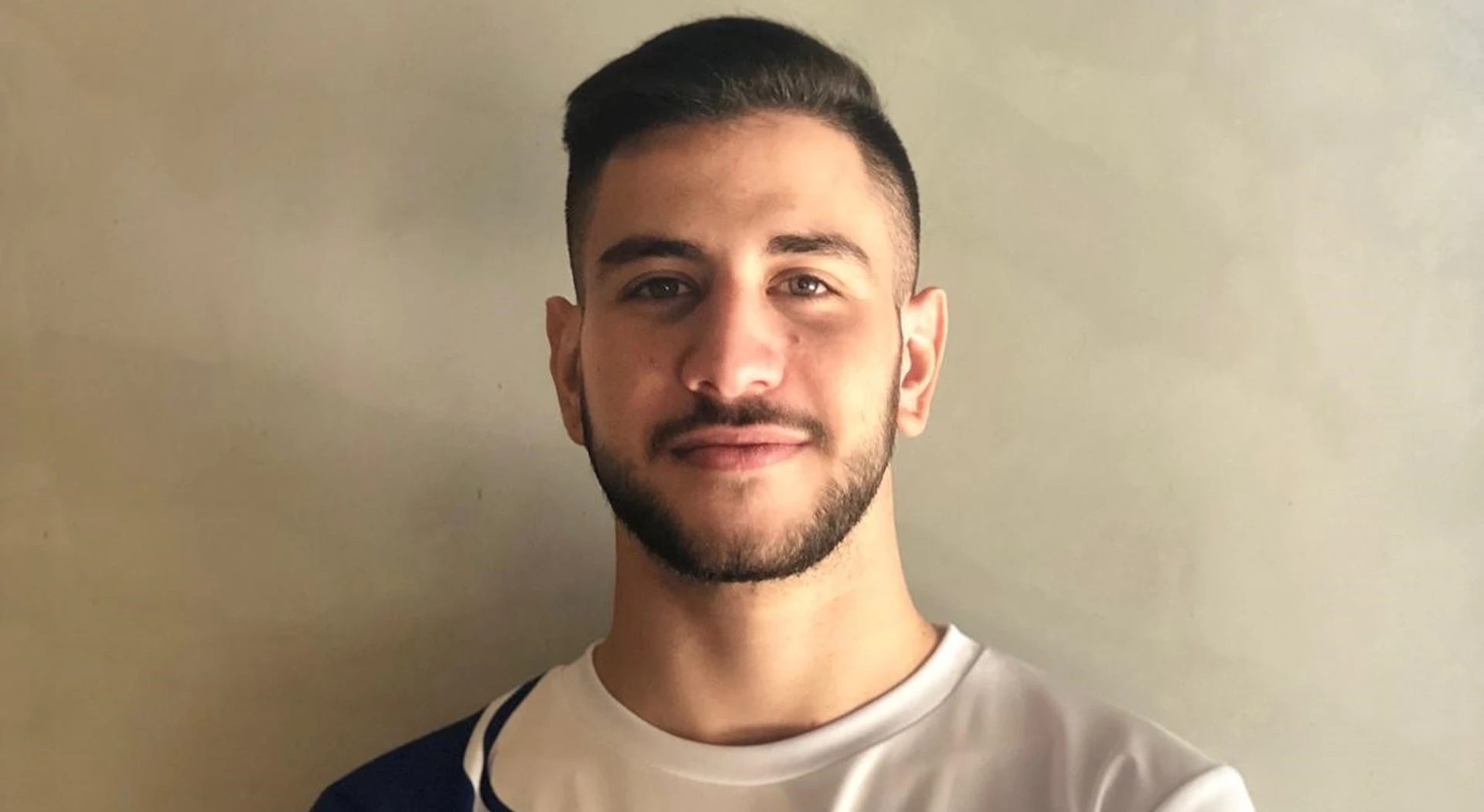
Shushan replied again, sharpening his position:
We all want peace, but the group that shoots its own people doesn’t. Politics shouldn’t be part of esports. Any Israeli player who mentions the war immediately receives threats.
This became the core of the debate: Is it even possible to speak “for peace” today without being pulled into political confrontation? And if some players are allowed to speak, why are others silenced?
Community Reaction: Hostility, Support, Cynicism, and Xenophobia
The incident ignited a storm of comments across Telegram, social media, and live streams. The community’s reaction was sharply divided — ranging from outright hostility to strong support.
Three main types of responses emerged:
Hostility and Xenophobia
Some comments were overtly racist or antisemitic:
- “Why the f*** is this Canadian even talking about Gaza?”
- “Why is this post even needed? We’ve got enough of our own conflicts — now we have to deal with Jews and Arabs too?”
- “The Jews are just offended again.”
- “F*** Palestine. Everything was clear from day one. Shouldn’t have attacked Israel on October 7th.”
These responses reflect deep radicalization within parts of the esports audience, which often goes unchecked due to a lack of moderation. This highlights that esports is not immune to hate speech, especially when geopolitical issues arise.
Cynicism and Indifference

Many users responded with apathy, sarcasm, or fatigue:
- “Sorry, not our war.”
- “India vs. Pakistan — who do you bet on? Whatever, we’re all gonna die anyway.”
- “Esports is apolitical, yeah right, we’ve heard that before.”
- “And here comes the politics again. I’m f***ing done.”
These comments represent information fatigue — an attempt to disconnect from political or ethical discourse and focus solely on the game.
Support for stanislaw
Alongside the criticism, many fans defended stanislaw and supported his message:
- “STANISLAW is our king! FREE PALESTINE 🇵🇸”
- “Politics in esports is like a cat with a needle.”
- “He was just calling for peace. He did the right thing.”
Supporters saw his words as an act of courage and compassion, not a political provocation. They defended the right of public figures to speak out about human rights — even on esports platforms.
Is the Esports Community Ready for Difficult Conversations?
As the controversy unfolded, it became clear: the esports community is still unprepared to handle complex or humanitarian topics in a civil way. The level of toxicity, politicization, and ethnic hostility in many comment sections was alarming. The call for peace — regardless of context — sparked not reflection but a wave of hate, revealing the deep polarization of online audiences.
This raises an urgent question: Can the esports world respond not just with emotion, but with ethics?
































